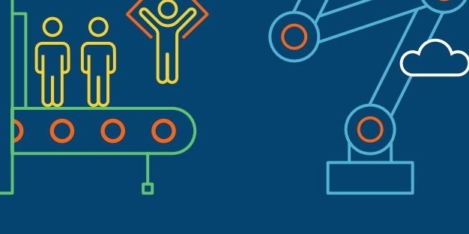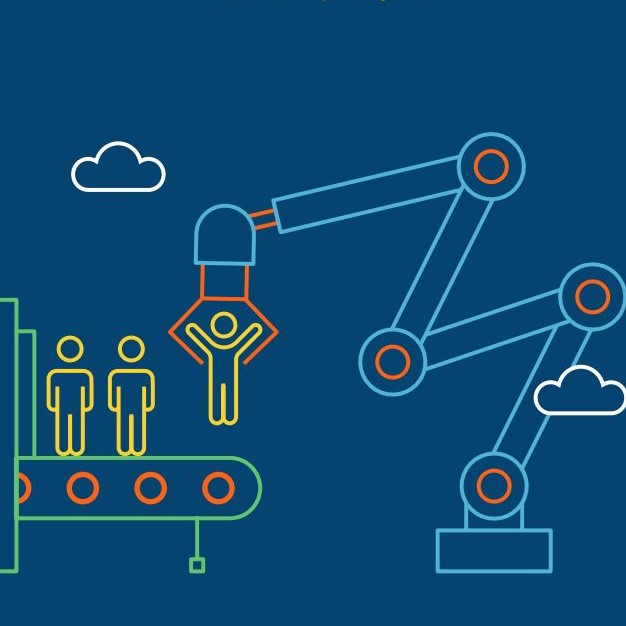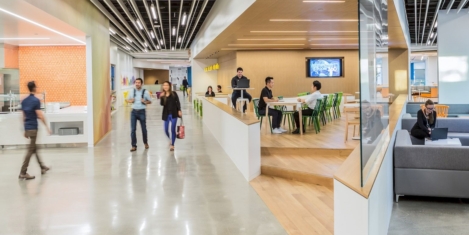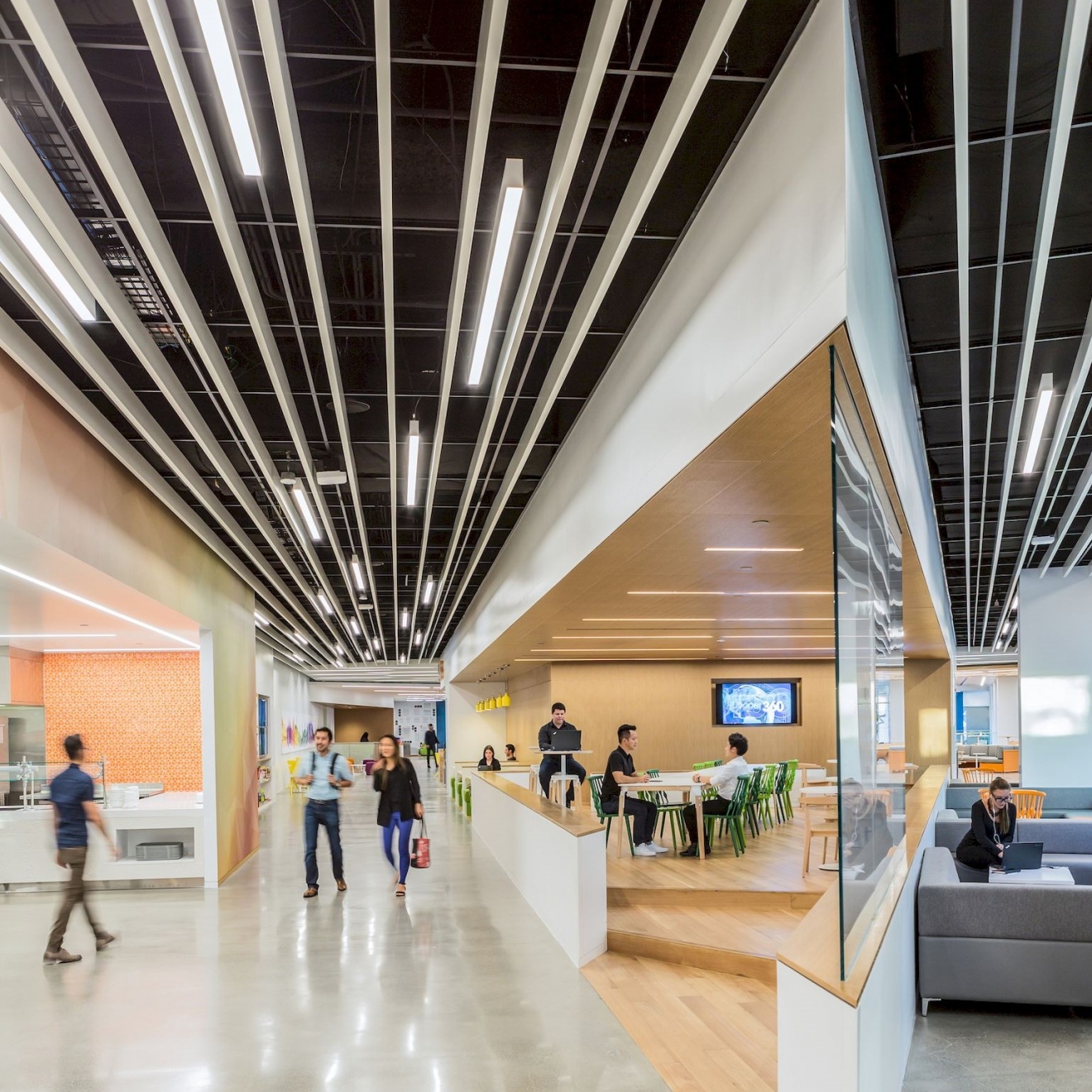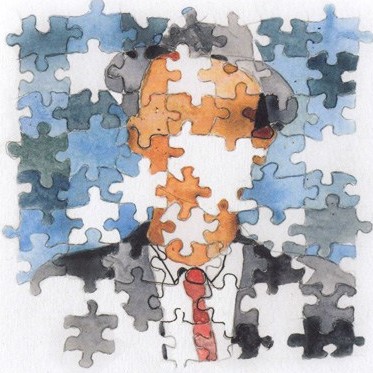November 22, 2019
Contribution of “digital workers” to grow by 50 percent over next two years
 A new survey from research firm IDC claims to reveal the true extent of software robots supporting humans in the workplace. The IDC whitepaper, Content Intelligence for the Future of Work (registration), sponsored by ABBYY, indicates that the contribution of software robots, or what the report calls digital workers, to the global workforce will increase by over 50 percent in the next two years. These results, from a survey of 500 senior decision-makers in large enterprises, illustrate a fundamental shift to a future of work dependent on human-machine collaboration. (more…)
A new survey from research firm IDC claims to reveal the true extent of software robots supporting humans in the workplace. The IDC whitepaper, Content Intelligence for the Future of Work (registration), sponsored by ABBYY, indicates that the contribution of software robots, or what the report calls digital workers, to the global workforce will increase by over 50 percent in the next two years. These results, from a survey of 500 senior decision-makers in large enterprises, illustrate a fundamental shift to a future of work dependent on human-machine collaboration. (more…)














